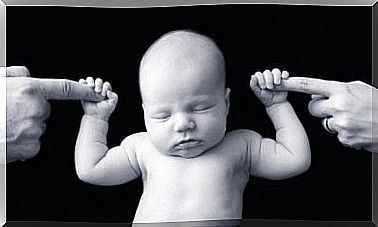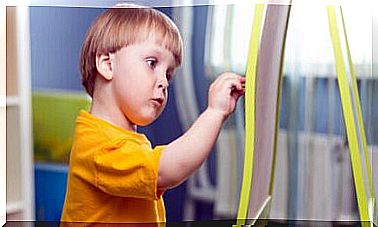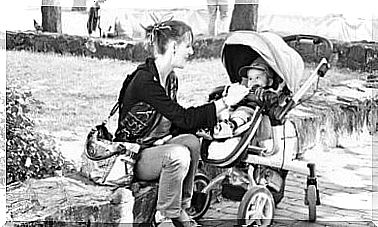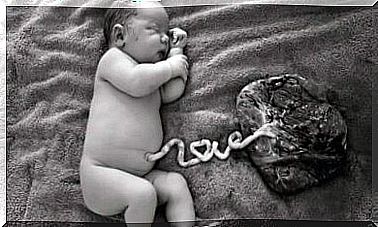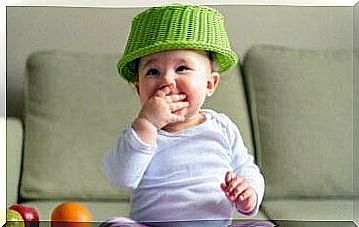Why Is It Important To Play Sports In Childhood? – Being Parents
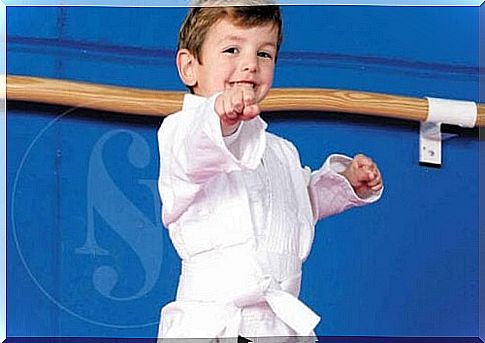
Sports practice is an integral part of education. Indeed, the physical and psychological development of children are intimately linked. Playing sports during childhood allows them to develop well, in harmony and balance.
We no longer consider sports practice as a simple physical training. Doctors and psychologists now understand that active children have a better quality of life.
When you play sports as a child, you reap the benefits of it all your life. A child who participates in physical activity on a regular basis will certainly keep this healthy habit into adulthood. He will therefore be in better health than a sedentary person. He will be less likely to suffer from obesity or heart problems, for example.
Unesco’s point of view on sport during childhood
According to Unesco, playing sports during childhood is an inalienable right. Unesco wants all children to be able to practice sports, without discrimination of any kind.
It is for this reason that the organization advises governments and associations to promote sport for children.
The benefits of sport during childhood
- Sports practice promotes good physical health. In particular, it prevents heart problems, diabetes, cancer and obesity.
- It stimulates the development of muscles and bones.
- Playing sports also helps children bond with one another. She teaches them to adapt to social rules outside the family home.
- It allows children to develop social skills. The child learns to accept others, without social, cultural or economic discrimination. Sport promotes interest in teamwork as a method of achieving desired results.

- Playing sports helps children overcome problems such as shyness.
- Sport promotes the development of self-esteem in children. They learn to value themselves when they realize that their contribution is important in the team.
- Children are less sedentary. Sport is a good way to keep them away from screens and new technologies in general: video games, phones, computers, etc.
- It’s a great way to bring together kids with different abilities.
- Sports practice prevents the most frequent addictions at this stage of growth: drug addiction, alcoholism and smoking. In addition, children who participate in sport less often fall into delinquency as they grow older.
- Sport stimulates creativity, as well as the ability to solve problems and make decisions.
- When playing sports, children learn to take responsibility and compromise.
What sport at what age?
The physical and psychological needs of children depend on their age. It is important to remember this before offering a sport to your child.
The child must be able to give his opinion. Parents draw up a first list according to their financial means, the organization of the family and the time they can devote to this sporting activity. If possible, the child should then choose the sport that appeals to him the most.
- From three to five years old. At this age, the child should be able to have fun. It is by playing that the child learns and develops. It is for this reason that sporting activity should be entertaining. The frills that children can wave and the fun scenarios are very appealing to the little ones.
This is the ideal step to develop coordination and balance while practicing a sports activity. At this age, children can do three to four hours of sport per week.
- From six to ten years old. At this age, children should be able to try several sports to find the one they like the most. Judo, karate, cycling, rhythmic gymnastics, tennis, soccer, basketball, and volleyball are good options.
It is important to eliminate the notion of competition between children. Obviously, sometimes a winner will have to be chosen, but children should view sport as a recreational activity.
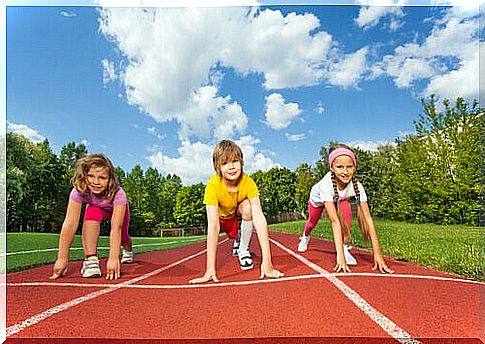
- At puberty and adolescence. It is a time of great physical, psychological and emotional changes.
Sports practice allows adolescents to develop their personality. They gain self-confidence. They also learn to know their body and they have a better image of themselves in this time of physical transformation.
If your child has been participating in physical activity from a young age, they should have chosen the sport they enjoy most as a teenager. He will be able to devote himself fully to it.
Pay attention to safety when playing sports in childhood
Your child must practice a sporting activity in the best safety conditions. We refer to the place where children play sports, but also to the adults who supervise them.
Learn about the physical activity you are registering for, including the physical risks. This is how you will protect your child.
